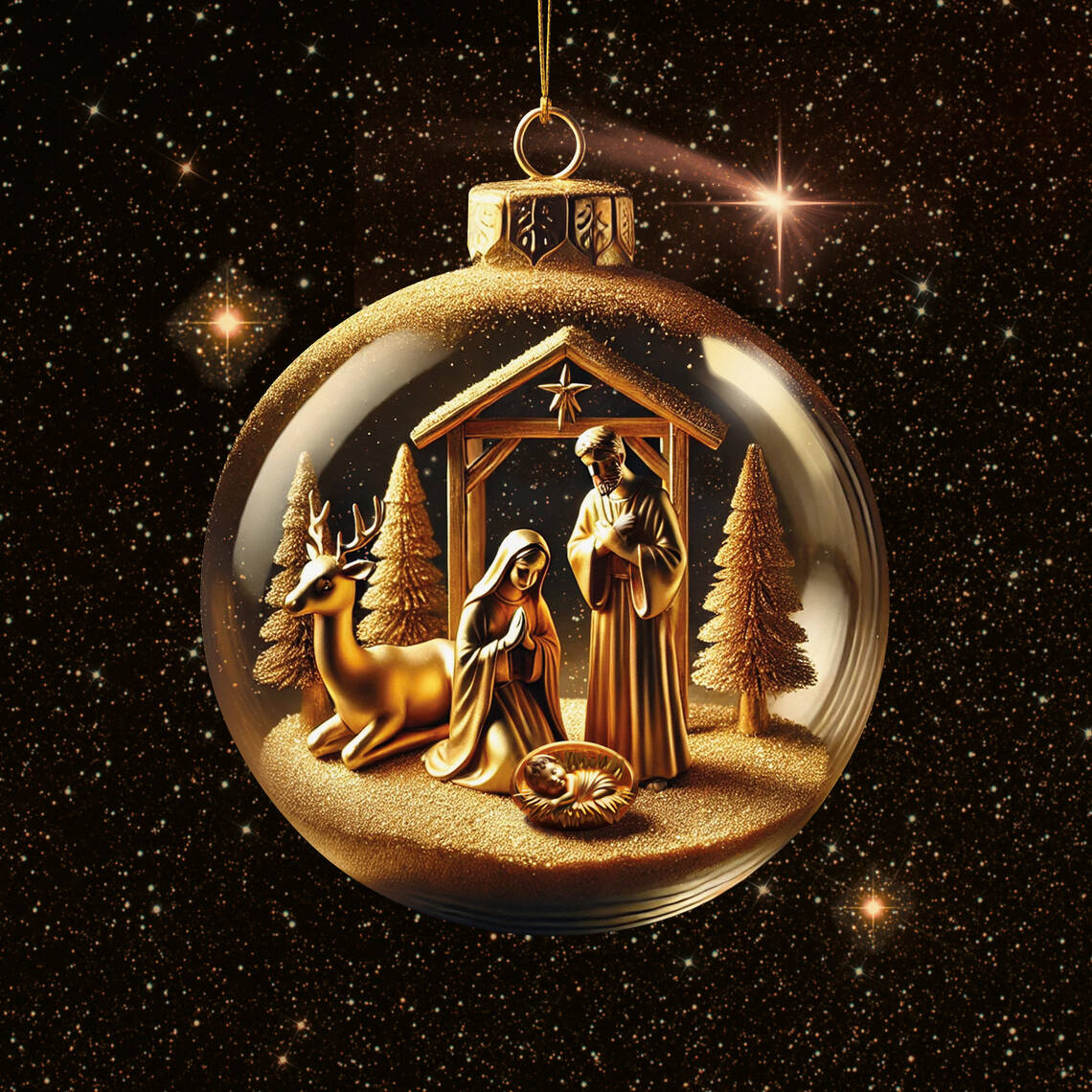National Museum Zurich
| 15.11.2024 - 5.1.2025
This year’s traditional Christmas & Cribs exhibition takes a look at the animals in nativity scenes. Depending on which part of the world they’re from, cribs can feature all sorts of wildlife, from the familiar ox and donkey, to lamas, parrots and even elephants.
Animals such as oxen, donkeys and sheep are just as much part of a nativity scene as Jesus, Mary and Joseph. Although not explicitly mentioned in the Gospel, animals already appeared in early nativity scenes. They are important secondary figures, representing divine creation, innocence and harmony. Nativity scenes are strongly influenced by culture and every single crib tells us something about the people who made and use it. The animals depicted also reflect the local culture and wildlife. The exhibition includes a Königsberg crib from what is now Czechia, with animals ranging from domesticated oxen and donkeys to wild animals, such as ibex, deer and storks. Meanwhile, cribs from outside Europe replace the traditional nativity animals with local substitutes. So, for example, a crib from Peru includes lamas, parrots and flamingos. And another from Peramiho in Tanzania features elephants, hippopotamuses and rhinoceroses. This diversity of wildlife shows how the crib tradition is rooted in different cultures and reinterpreted.
The traditional crib exhibition at the National Museum Zurich presents 12 cribs from all over the world with a special focus on animals, and as usual offers a varied accompanying programme for the whole family.





